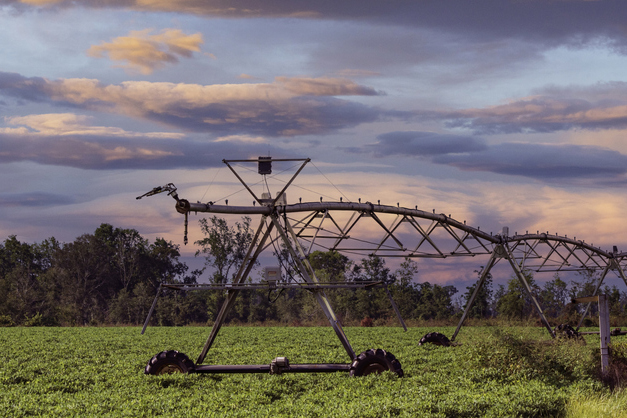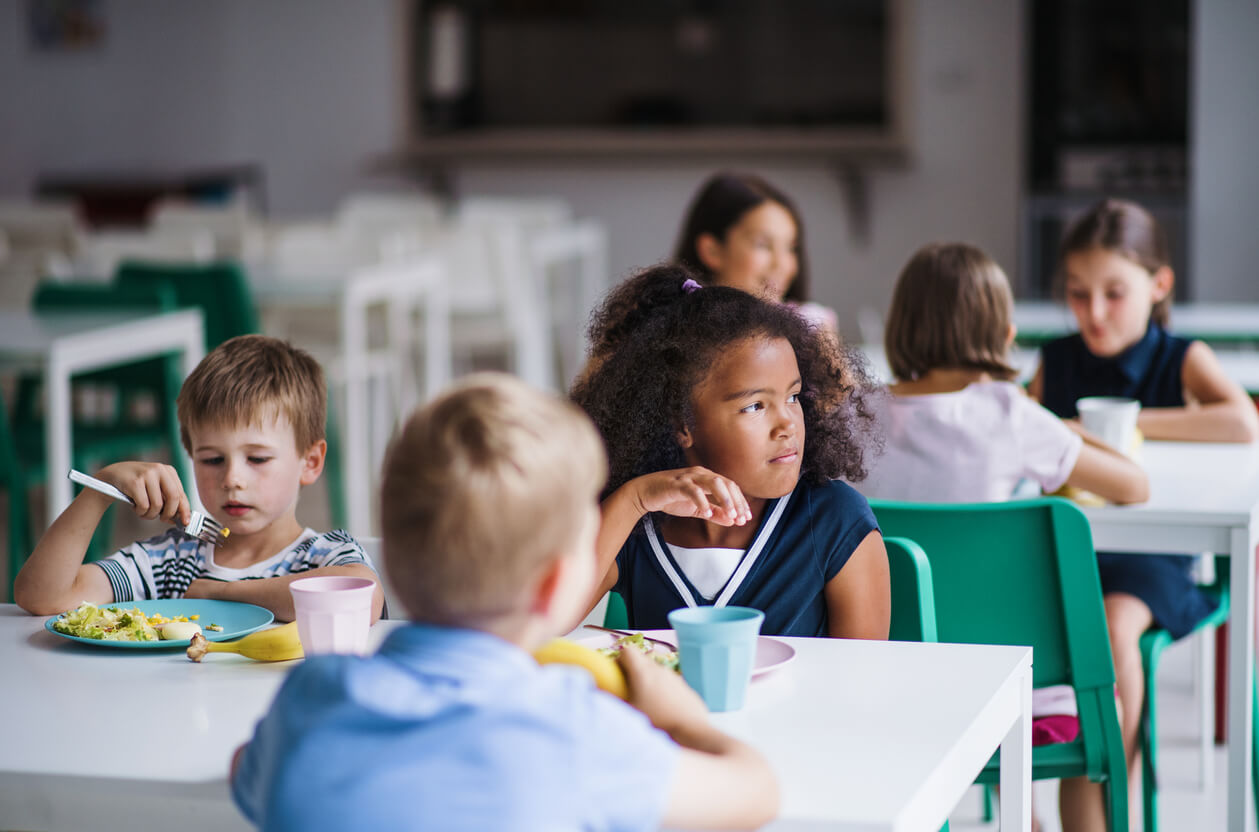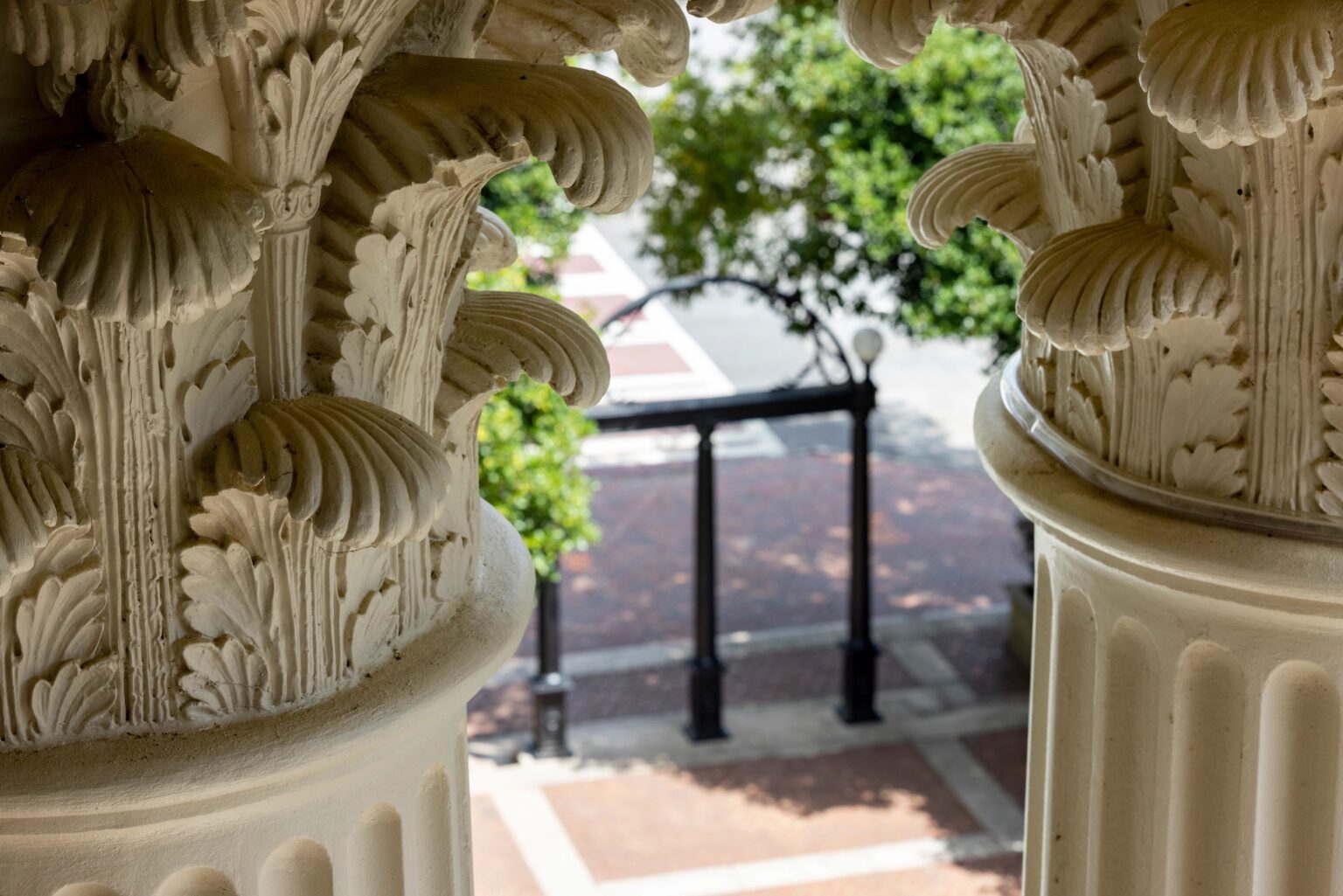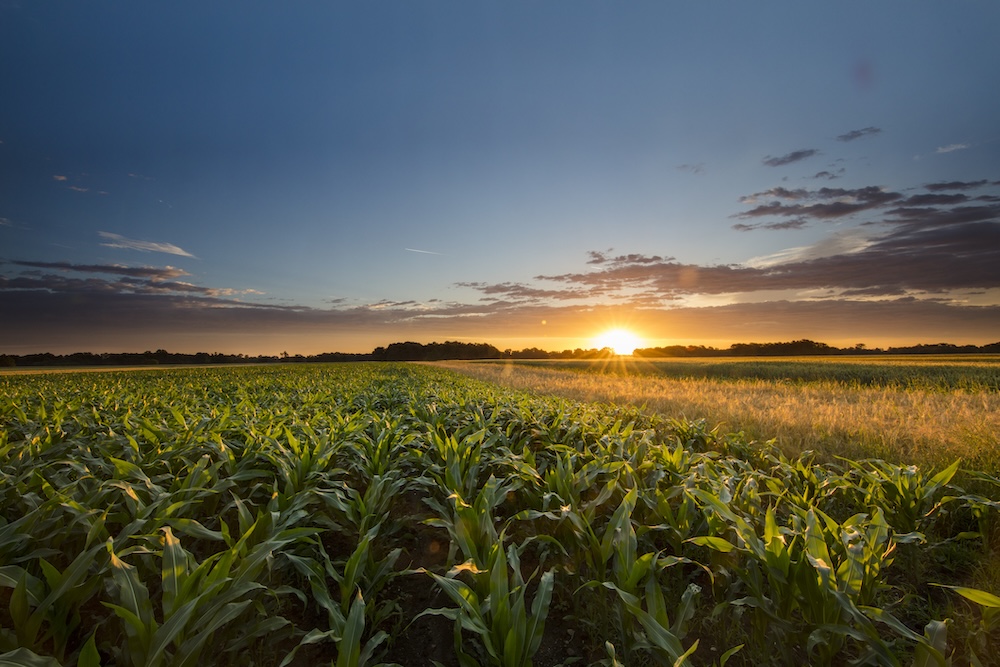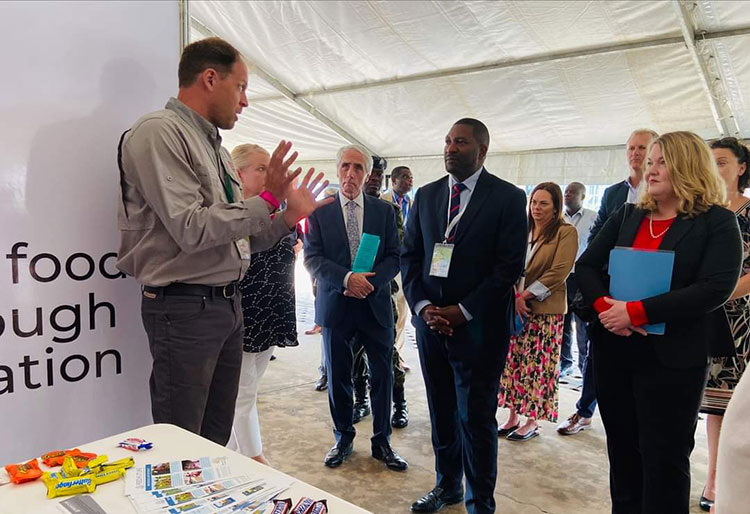 CAES News
CAES News
Georgia Peanut Tour inspires Malawi to host first groundnut tour
Ten years ago, the Georgia Peanut Tour welcomed its first visitor from the southern African nation of Malawi, where peanuts are part of the local cuisine but are only grown in small gardens or bought in informal markets. Over the next decade, visitors from Malawi attended the tour every year, traveling halfway around the world to see how farmers, shellers, researchers and others work together to get a large crop of peanuts to consumers every year.

